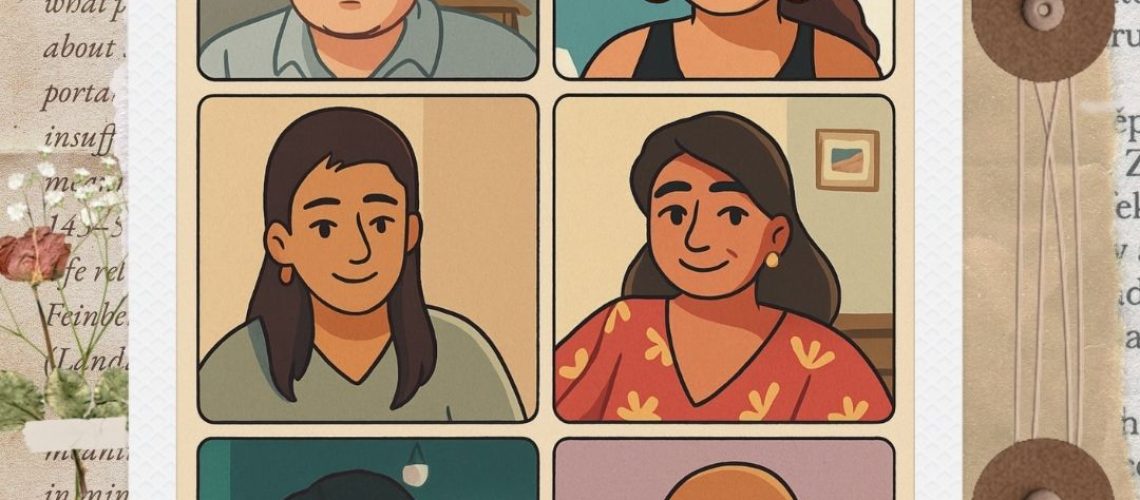EquAsian is a community-led group based in Tāmaki Makaurau (Auckland) for LGTBIQ+ Asians- often described as “a minority within a minority.” The group was founded to address the lack of culturally specific support and visibility for LGBTQ+ Asians in mainstream rainbow services.
A group from EquAsian participated in a prevention workshop facilitated by Shama, which they described as giving them a “better understanding of prevention and sexual harm.” Inspired by the workshop, the group decided to connect with the wider LGBTQ+ Asian community through a survey, aiming to learn more about people’s experiences in online dating and the risks as well as experiences of sexual harm.
While balancing personal commitments and full-time jobs, not all group members were able to carry the project through. However, two members, Akula and Aatir, continued the work and brought the project to life.
The survey gathered responses from 21 individuals, aged between 20-40 years old. While the sample size was modest, the insights were powerful.
- Understanding vs. practicing consent: While all respondents said they understood what consent means and believed it to be important, more than half had been in situations where they were hesitant to give consent but went along with the situation anyway. This highlights a clear need for ongoing support and education around how to practice consent in real-life scenarios, beyond just understanding the concept.
- Power imbalance and coercion: Several participants reported experiences such as receiving unsolicited sexual content, being pressured into sexting or sharing sexual images, and engaging in sexual activity they later regretted. These experiences suggest ongoing issues related to power imbalance, coercion, and pressure, especially in digital spaces like dating apps.
- Dating app dynamics: The majority of respondents used queer dating apps. Many reported negative experiences, including unwanted contact even after expressing disinterest, and feeling unsafe in both public and private spaces. Only a minority said they arranged video calls before meeting someone, and most did not inform friends or family before or during meetups. This raises concerns about safety and support networks during online-to-offline encounters.
- Substance use and stereotypes: Most respondents said they do not use alcohol or drugs to enhance sexual experiences and are uncomfortable if their partners do. Despite this, many queer Asians reported being impacted by stereotypes suggesting the opposite. This points to the harmful effects of cultural assumptions and the importance of challenging stigma within and outside the community.
- Queer-specific violence risks: Respondents highlighted unique risks faced by queer people, especially those who are Asian or gender non-conforming, when using dating apps. These include being fetishized, misunderstood, or placed in situations where their safety and boundaries are not respected.
- Support and communication: While most respondents said they could talk to a friend or family member about unsafe situations, fewer felt they could speak to authorities or organizations. This gap highlights the need to strengthen trust in formal support systems. On a positive note, most participants emphasized the importance of communication before sex and reported regularly checking in with partners about comfort levels.
Akula later appeared on the Shama’s podcast Encouraging Conversations to speak about the project and comment on the survey findings ( You can listen to the full episode in Encouraging Conversations: Ep 5). Akula also explored what the community can take away from these findings, how can ethnic LGTBIQ+ people better support each other when harm occurs, and what is more needed to prevent sexual violence within ethnic rainbow communities.


